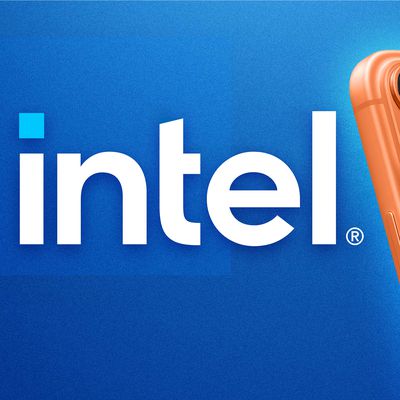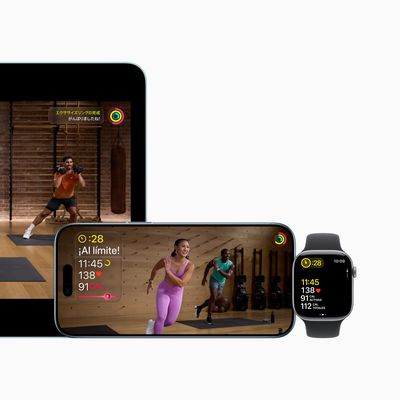Earlier this month, AT&T filed suit against rival Verizon over a series of Verizon commercials attacking AT&T's wireless network, claiming that the ads were "blatantly false and misleading".
Late yesterday, Engadget reported that Verizon had filed a 53-page legal response to the lawsuit, and taken the opportunity to focus the case on what it claims is AT&T's failure to commit the resources to build out its network appropriately. The tone of Verizon's response is set from the very first sentence of its response's introduction:
AT&T did not file this lawsuit because Verizon's "There's A Map For That" advertisements are untrue; AT&T sued because Verizon's ads are true and the truth hurts.
Six pages later, Verizon concludes its introduction with a similar take:
In the final analysis, AT&T seeks emergency relief because Verizon's side-by-side, apples-to-apples comparison of its own 3G coverage with AT&T's confirms what the marketplace has been saying for months: AT&T failed to invest adequately in the necessary infrastructure to expand its 3G coverage to support its growth in smartphone business, and the usefulness of its service to smartphone users has suffered accordingly. AT&T may not like the message that the ads send, but this Court should reject its efforts to silence the messenger.
The remainder of the document consists of Verizon's argument that its commercials touting five times more 3G coverage than AT&T are truthful, a fact that AT&T has at its most basic level admitted. Verizon parries AT&T's complaint that blank areas on the AT&T coverage maps used in Verizon ads are misleading consumers into thinking that no coverage is available when in fact non-3G coverage is offered in those areas by noting that it has held itself to the same standard as AT&T, showing as blank on its own coverage map depictions any areas not covered by its 3G network.
Verizon also takes issue with the procedural details of AT&T's lawsuit, claiming that the company has neither shown that irreparable damage to AT&T from Verizon's ads is likely nor demonstrated why infringement of Verizon's First Amendment freedom of speech should be permitted. Finally, Verizon points to the "free flow of commercial information" as being crucial to consumers, noting that comparative advertising is a common and effective means of assisting customers with purchasing decisions while also driving pricing competition and innovation.























